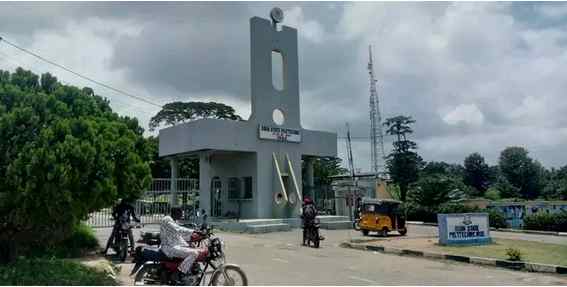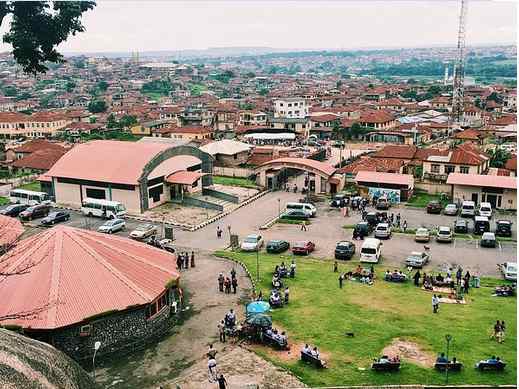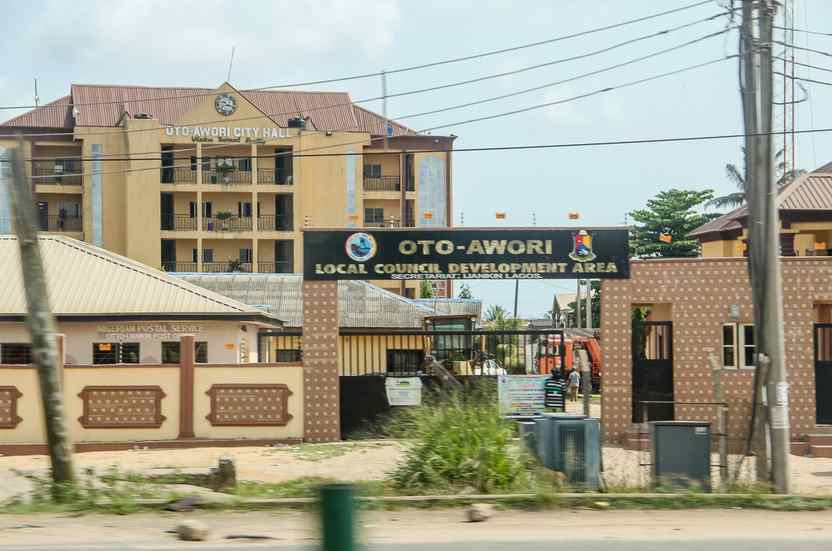
support@yorubalibrary.com
+2348073529208, 07038599574

Iree is one of the notable Yoruba towns located in Boripe Local Government Area of Osun State, Nigeria. It is a settlement that has stood the test of time, known for its traditions and cultural values. The town plays a vital role in Yoruba history because of its geographical location, strong communal spirit, and the significance of its traditional rulers. Iree people are industrious and have preserved their identity through age-old customs, festivals, and their unique Oríkì that continues to inspire pride across generations.
As with many Yoruba towns, Iree has oral traditions that connect it to other towns through migration and kinship. Its people are known for being welcoming, hardworking, and attached to their ancestral heritage. The traditional stool of the Olúrẹ̀ẹ̀ of Iree serves as a symbol of authority and unity in the land.
Occupation and Livelihood
The people of Iree are mostly farmers and traders. They cultivate crops such as yam, maize, cassava, and vegetables, while some engage in cash crops like cocoa and kolanut. Women in Iree play a strong role in local trade, particularly in farm produce and textiles.
Modern occupations like teaching, civil service, and business have also become part of the town’s livelihood, but farming remains the backbone of Iree’s economy.
Landmarks and Notable Features
• Olúrẹ̀ẹ̀’s Palace:
A cultural and political center symbolizing the town’s authority.
• Annual Traditional Festivals:
These bring indigenes together from within and outside Nigeria.
• Strategic Location:
Iree is close to Iragbiji, Ada, and other important towns, making it a hub for inter-community interaction.
• Community Schools and Churches:
The town has contributed to education and religion in Osun State through its schools and mission houses.
Tourist and Cultural Attractions
Although Iree is not yet a highly developed tourist destination, its festivals, palace, and traditional ceremonies serve as cultural attractions for visitors interested in Yoruba heritage. The Oríkì itself is a cultural “treasure” that preserves the memory of great ancestors and values of the town.
Oríkì Ìlú Iree
Below is the complete Oriki of Iree, in Osun State.
Iree Oye, Iree Alalubosa
Oro Iree Kii Rin Are Lo Nsa
Iree Oye, Itake Ola
Ikomi Oge Omo Oyeniran
Ikomi Oge Omo Laro, Omo Arolu,
Omo Oyekun, Omo Akoiisa
Ta Lo So Pe Onipee Ko Lomi
Ta Lo So Pe Onipee Ko Lodo
Afelele Lomi, Aro Pekun Ni Pee
Aro Pekun Lomi Ayaba Ni Pee
Ta Lo So Pe Aree Ko Lomi
Ta Lo So Pe Aree Ko Lodo
Akeepa Lomi Isun, Yoko Lomi Amu
N Ho Lo Ile Ma Lo Bu Abo Mu
Ma Bu Odo Oke San Ese
Ara Jobaji, Agbara Nlelegbo N We
Ti Won Ba We Asa, Asa A Sa Won Lojugun.
Yoko Ngbe Komi Oge Bo Wa Isale
Ailu Semi Komi Oge Ma Je Nba
Alagba Lugbo Mi Lo.
Ikomi Oge, Ara Jobaji, Ara Ilegudu,
Ilegudu Ayabu Ero,
Ara Ori Oke, Ara Ori Ipoole
Omo Efon To Ro Iwo Ide
Komi Oge, Ara Ope Aanu
Jobaji, Omo Omi Kikun Ti Nta Si Ayaba Laso,
Komi Oge Ti N We Lodo Ti Gbogbo
Omoge Nyo Owo Ose Ti Won So
Wipe Bi Eleyi Ko Ba Je Oko Eni
Asi Je Ale Eni
Komi Oge, Omo Oyeniran,
Komi Oge Lomo Onirinwo Adie
Ti Gbogbo Won Ngbe Kekeke Lori Eyin,
Eyin Lomo Obinrin Jowu Ore Re
Ti O Nba Ewu Jowu Loko
Komi Igbati O Mo Wipe O Ma Jowu
Ki Lo Mu Mi Wa Se Loko;
Ara Jobaji Mo Gbele Huwo
Komi Oge Mo Gbele Hu Segi,
Mo Kakuro Iyun Niran,
Mo Gbele Hu Segi, Segi Mi Dudu Janjan.
Komi Oge, Omo Abowo Sirimusirimu,
Komi Lomo Okunkun Sirimusirimu
Okunkun Lowon, Owo Mi Ko Won
Ni Igbo Nla, Ara Ori Oke,
Ara Ori Ipole, Ara Ope Aanu.
Komi Oge Omo Ari Igba Nla Bu Owo Fun Ayaba!
Ara Jobaji, Ti Mo Ba Ki Yin Titi
Ti Mo Ba Sin Yin Titi N Ho Pada
Legudu, Eyin Lomo Ajoji Ki Ba
Won Degbo Okuja, Ajoji To Ba
Wo Igbo Okuja O Deran Ebo Ni Iree
Oye Nile Omi Ru De!
Komi Oge Omo Onipe
Conclusion
Iree is not just a Yoruba town; it is a place of identity, pride, and aspirations.
Need more? Browse through our Oriki Gallery today, at zero cost.

Check out the detailed Oriki of Abeokuta, the capi…

The authentic Oriki of the Awori people, one of th…